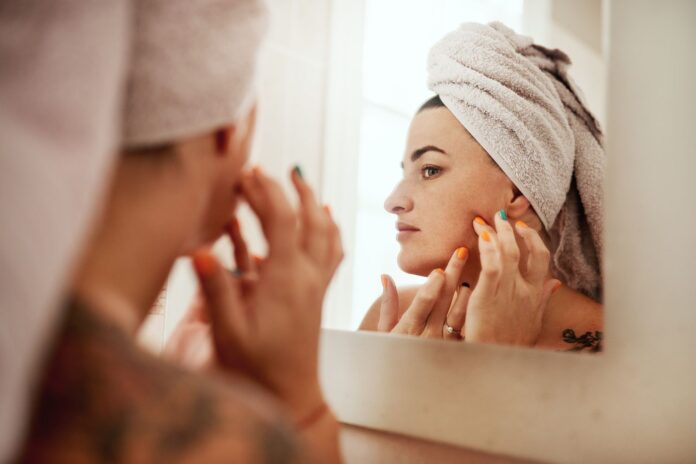
Acne, a common skin concern for many, often goes beyond superficial blemishes. It’s a source of stress, impacting self-esteem and overall well-being. For those battling persistent hormonal acne, a glimmer of hope comes in the form of a medication known as spironolactone. Developed initially as a diuretic and high blood pressure remedy in the 1950s, spironolactone has found a pivotal role in acne treatment, especially for those struggling with hormonal imbalances.
How Spironolactone Works Against Acne
At its core, spironolactone tackles acne by targeting hormone receptors. This action reduces sebum production, an oily substance essential for moisturizing the skin but a culprit in pore clogging and acne development. Dermatologists have embraced spironolactone for its dual benefits: addressing acne and being FDA-approved for treating hormonal conditions like Polycystic Ovary Syndrome (PCOS).
Effectiveness and Expectations
A study published in the International Journal of Women’s Dermatology in June 2017 revealed that 85% of individuals using spironolactone witnessed a significant improvement in their acne. Over half of the participants achieved a blemish-free complexion. However, patience is key. The average time to start noticing visible results typically ranges from two to three months, depending on the severity of acne and dosage.
Considerations Before Starting Spironolactone
- Timing of Dosage: Being a diuretic, it’s advised to take spironolactone in the morning to avoid nocturnal disturbances, like waking up to urinate.
- Pregnancy and Contraception: Spironolactone is not recommended for those planning pregnancy due to potential risks of birth defects. Contraception is advised to prevent unplanned pregnancies.
- Men and Spironolactone: As an anti-androgen, spironolactone may not be suitable for men, potentially affecting sexual function and causing gynecomastia.
- Potassium Levels: Monitoring potassium intake is crucial as spironolactone can elevate potassium levels in the body.
Stopping Spironolactone
Unlike some medications that require gradual reduction, spironolactone can be stopped abruptly. However, it’s wise to have alternative acne treatments ready to prevent recurrence.
Conclusion
Spironolactone offers a beacon of hope for many struggling with hormonal acne. As with any medical treatment, it’s essential to consult with a healthcare provider to tailor the approach to your specific needs. If you’ve found this insight helpful, explore more articles, or subscribe to our newsletter for more health and wellness tips.










